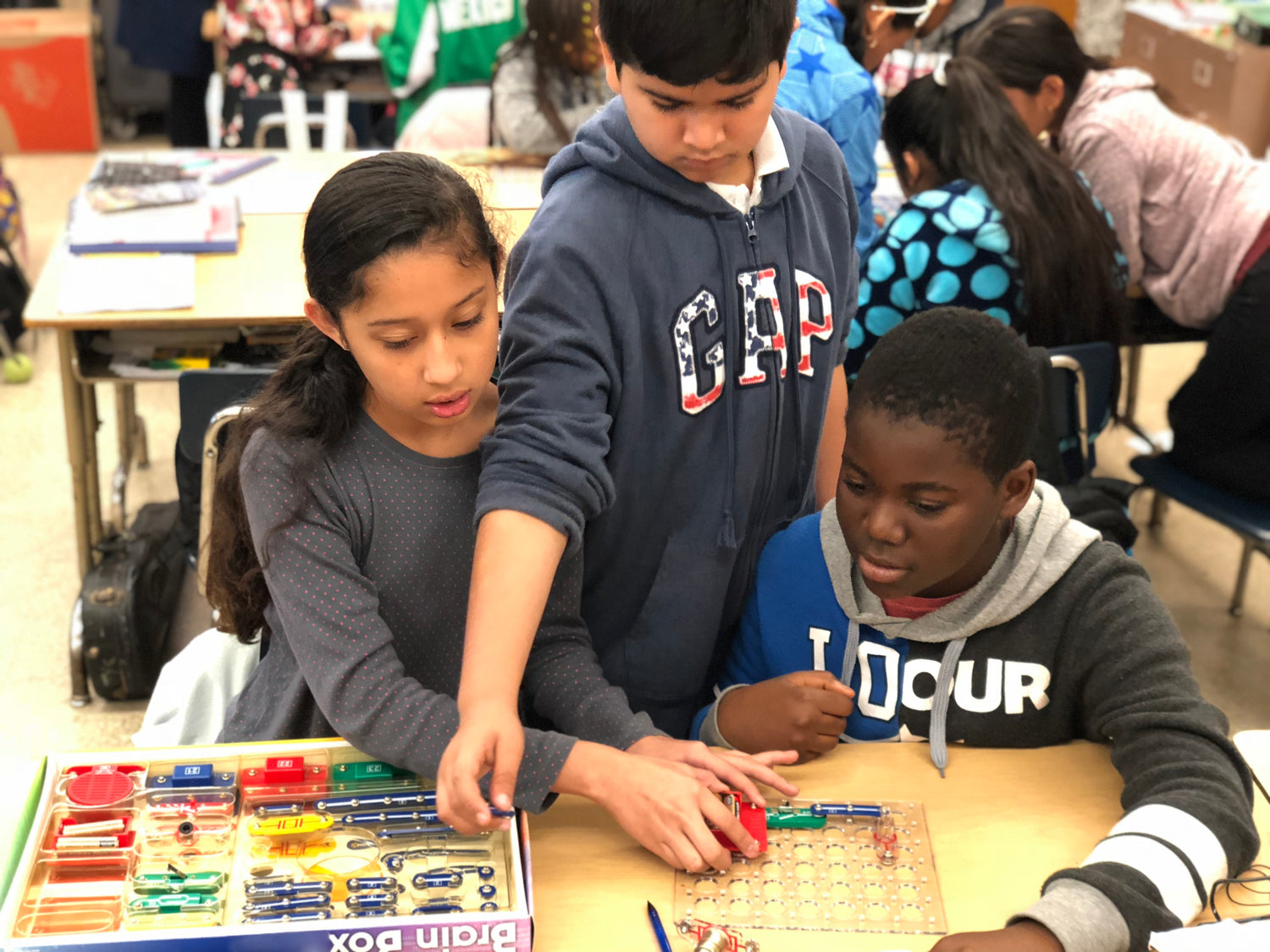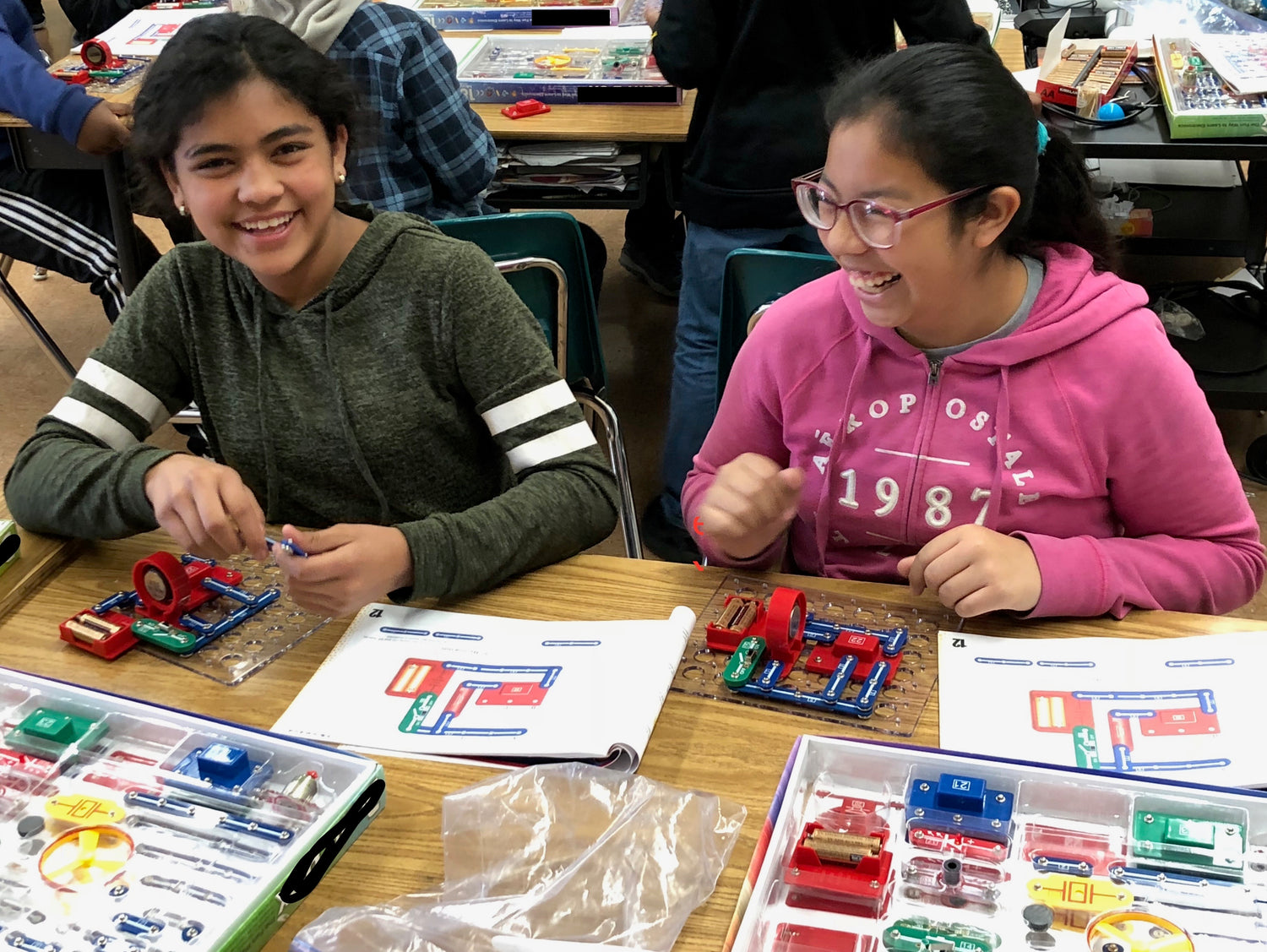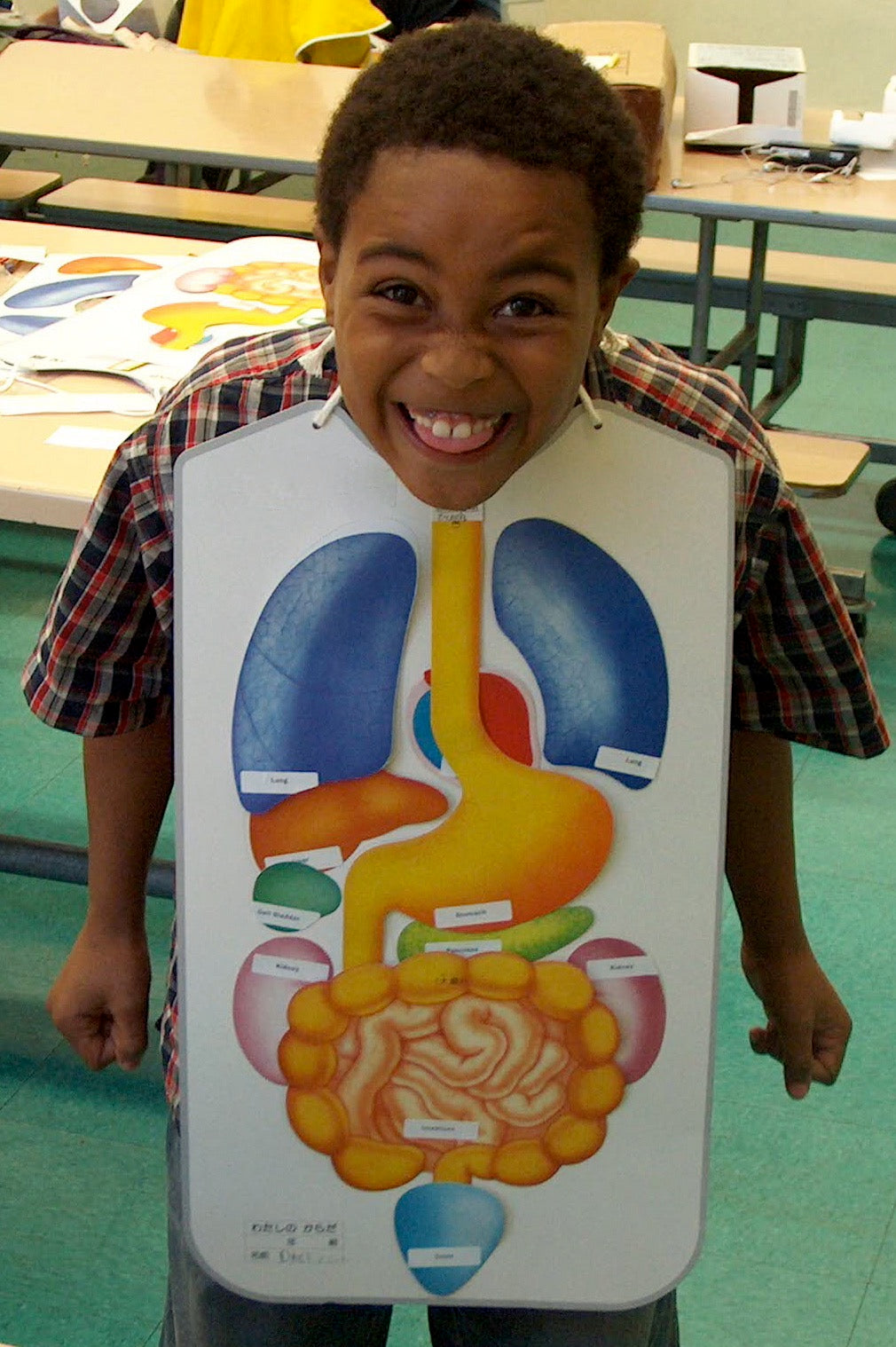Unique Learning Labs

The Technology Lab is a Computer Science Standards-based exploration of Coding, Computer Programming, Computer-aided design (CAD) and 3D Printing. The Lab also integrates Design Thinking Processes, Prototyping Media and Programmable Robotic systems.

The Engineering Lab provides students with the opportunity to exercise critical thinking and creative problem solving, while learning to work effectively as a cohesive team. Students gain practical experience of civil, electrical, environmental, mechanical and structural engineering concepts.

A foundation to success in higher level math concepts is developed by expanding a student’s mathematical confidence and willingness to persevere. The Mathematics Lab is designed to tap into every child’s potential to excel in math by creating rich educational environments that nurture a student’s interest and excitement in learning. Children explore relationships between the four basic operations and develop both computational and math fact fluency.


Mission
Mobile STEM Labs is an educational program devoted to ensuring all students have access to a quality Science, Technology, Engineering and Mathematics (STEM) education.

Vision
Our vision is to inspire the next generation of scientist, engineers, entrepreneurs and innovators to solve the global challenges of today and tomorrow.

Objectives
Mobile STEM Labs provides K-12 students with authentic, standards-based learning laboratories, which integrates engineering design, mathematics and scientific inquiry.
Mobile STEM Labs, is eliminating disparities in access to STEM education by:
1. Building STEM Learning Communities
Collaboratively working with all stakeholders to create a school-wide culture of inquiry-based STEM learning.
2. Providing High-Quality Professional Development Models
Addressing the instructional shifts and practices associated with Common Core State Standards (CCSS), Next Generation Science Standards (NGSS) and the Computer Science Standards for California Public Schools.
3. Supporting Teachers
Equipping classrooms with the necessary materials, equipment, and support personnel to increase STEM Literacy. Teacher supports includes in-class coaching, demonstration teaching and modeling best STEM instructional practices.
4. Partnering With Schools and STEM Industry Leaders
Creating collaborative networks between primary and secondary schools, colleges, universities and industry to identify, assist and direct students into STEM related career pathways.